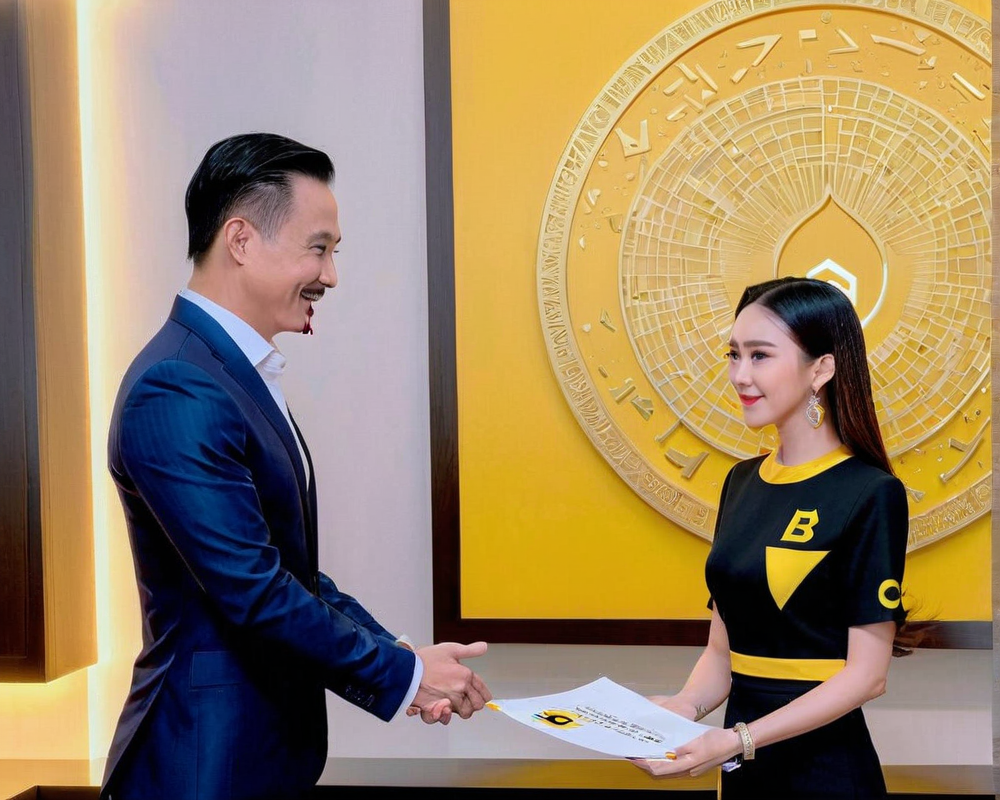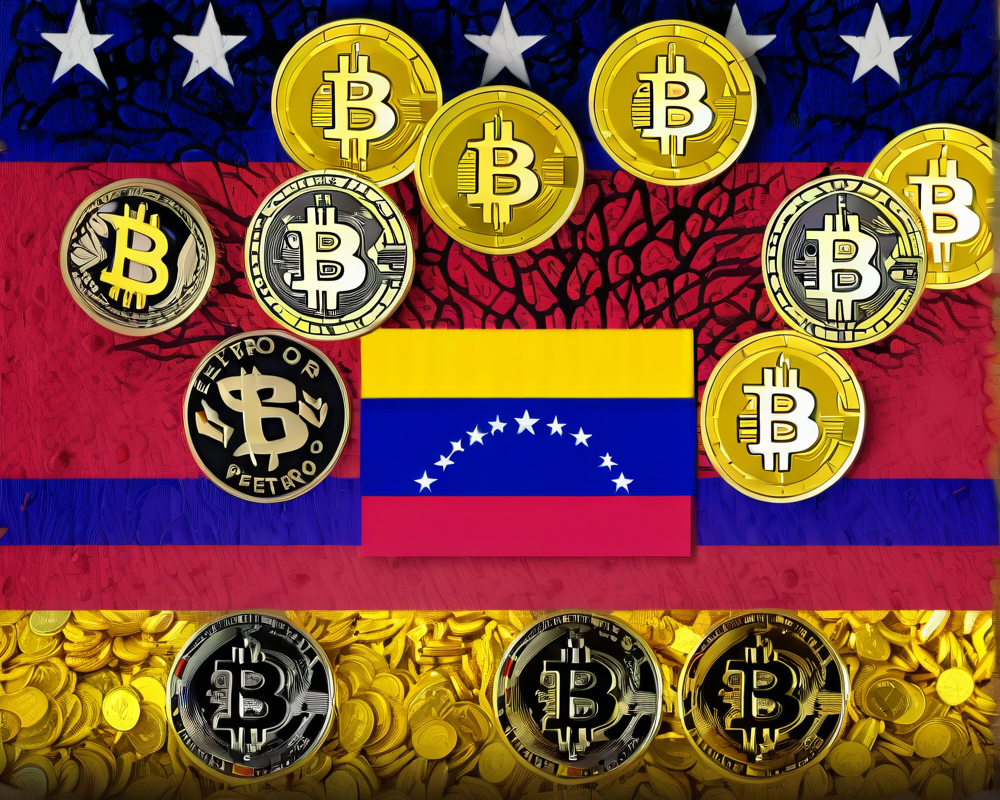The Meeting of Minds
In a joint congressional hearing that sounded like the title of a sci-fi novel, the U.S. House Subcommittees on Oversight and Research and Technology came together to discuss “Leveraging Blockchain Technology to Improve Supply Chain Management and Combat Counterfeit Goods”. It was a meeting where politicians brushed up against the 21st century with a topic that practically screams “tech talk.”
Ralph Abraham’s Opening Salvo
Chairman Ralph Abraham from Louisiana kicked off the proceedings with a grand vision of blockchain as the superhero we didn’t know we needed. According to Abraham, this ledger technology could improve shipping and customs management like a caffeinated squirrel in a nut factory. He also nudged private businesses to step up their game in order to give the government a blockchain boost in efficiency.
The Lineup of Blockchain Buffs
The panel consisted of a tech-savvy crew, mostly from the private sector. We had Robert Chiaviello from Luv n’care, who bravely shared stories from the trenches of unfair competition in baby products; Michael White from Maersk, the global shipping titan; and Chris Rubio from UPS, ready to make logistics great again. The only representative from Uncle Sam was Dr. Douglas Maughan from the Department of Homeland Security, trying not to yawn while indulging in tech wizardry.
What the Witnesses Had to Say
Dr. Maughan on Blockchain’s Brilliance
Opening the floor, Dr. Maughan highlighted blockchain’s potential to streamline transactions. With a flick of the wrist, he put blockchain on a pedestal, praising its transparency. But then he punctured the balloon by noting the lack of interoperability—it’s like having a smartphone without WiFi.
Chiaviello’s Baby Blues
Bob Chiaviello of Luv n’care lamented about counterfeit goods sneaking in through the cracks of online retail, thanks to international shipping. He painted a dreary picture using terms like “consumer welfare” while validating the struggles of brand integrity in our wild-west world of unregulated digital commerce.
White’s World of Shipping
Next, Maersk’s Michael White took the stage to document the “convoluted” woes of international shipping. He poured a glorious dose of confidence as he stressed that blockchain is the magical elixir needed to establish trust across vast systems. Think of it as putting a GPS tracker on every tea party in the land—no more getting lost!
Rubio Weighs In
Chris Rubio from UPS chimed in, suggesting a global blockchain-based shipping system that doesn’t just serve the corporate behemoths but also allows smaller players to join the logistics revolution. Imagine a world where every shipment is accounted for, and no one needs to play hide-and-seek with delivery trucks!
The Q&A Circus
Of course, with any congressional hearing focused on cutting-edge technology, the questions ran the gamut from brilliant to bewildering. Some legislators were clearly confused; how could blockchain stamp out counterfeit goods? The experts offered generalizations that seemed to float right over their heads.
Security and Future Concerns
Discussion shifted to whether quantum computing would one day shatter the invisibility cloak of blockchain. Dr. Maughan assured everyone that while the threat exists, we’re stuck with blockchain for the next decade or two. Meanwhile, standards organizations and energy issues were raised like a car left on an unpaved road—how do we ensure smooth travel into the blockchain future?
Wrapping Up the Blockchain Banter
To cap off the hearing, Dr. Maughan dashed hopes that blockchain could replace voting systems. When it comes to casting ballots, fewer parties mean less risk—basically, politicians just don’t want a multi-party system for voting where everyone can pop on in. Keeping it simple, they said, is the way to go.




